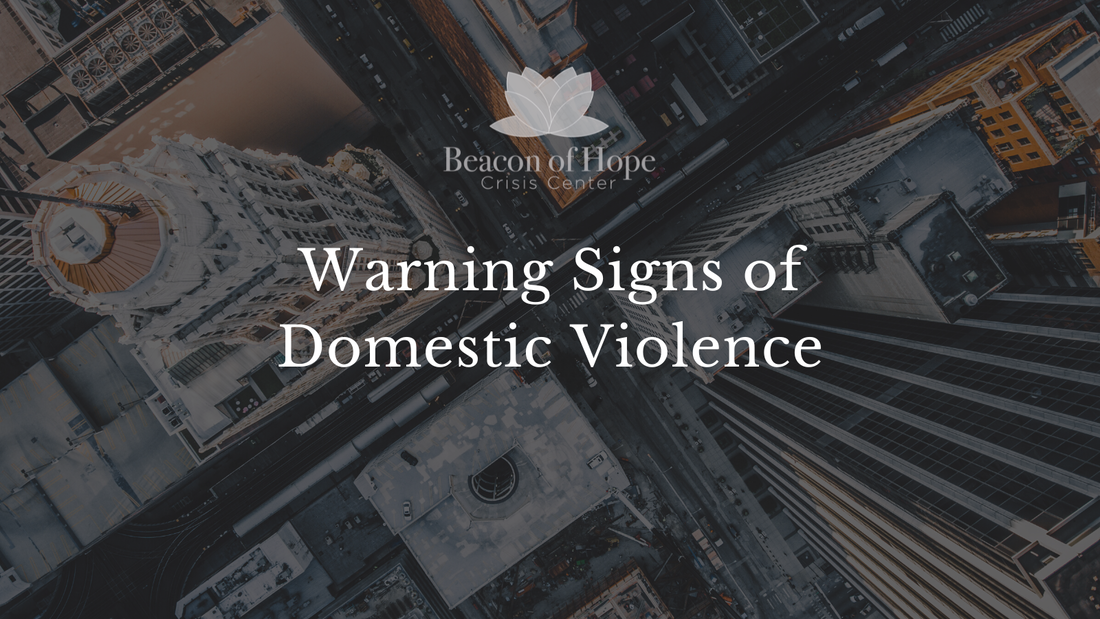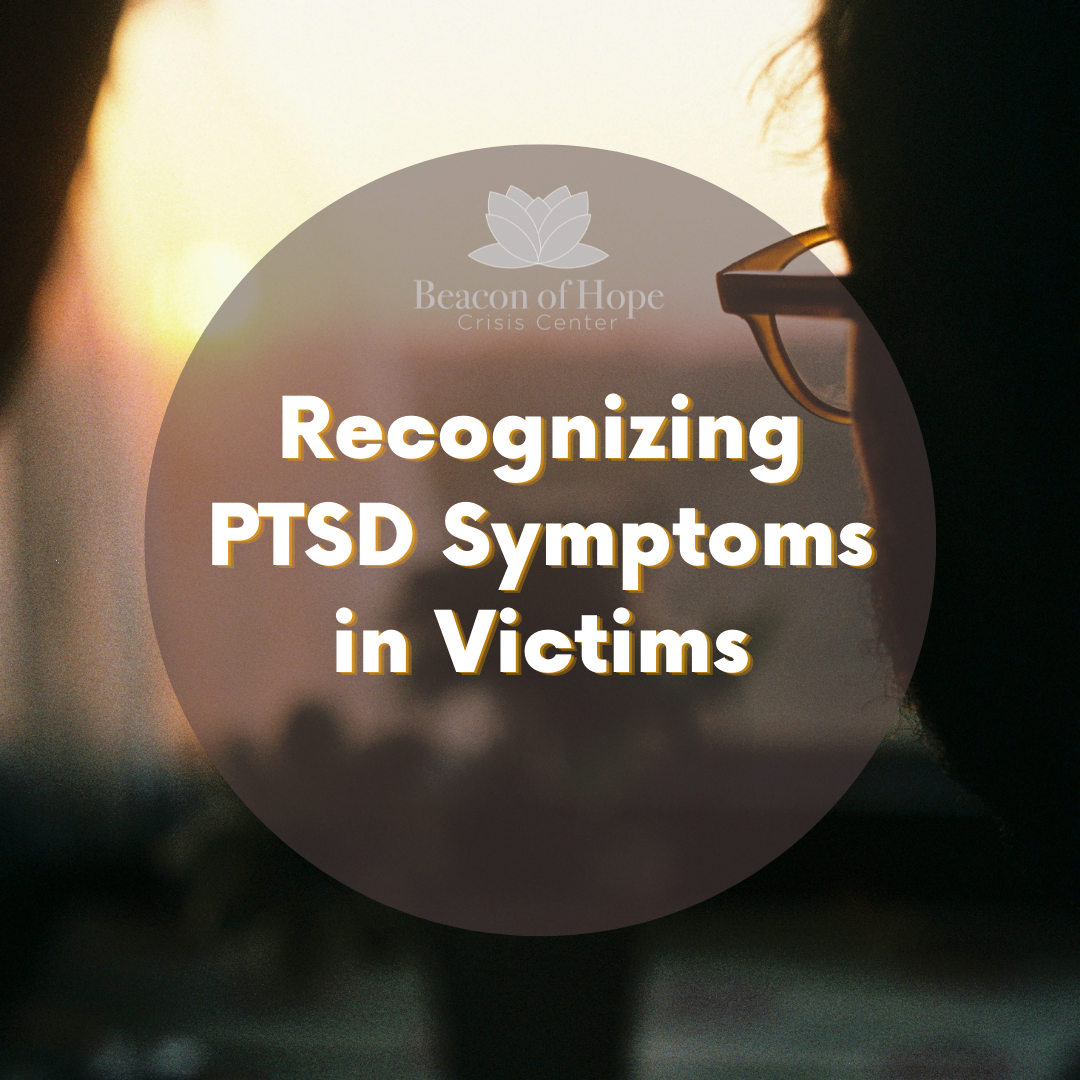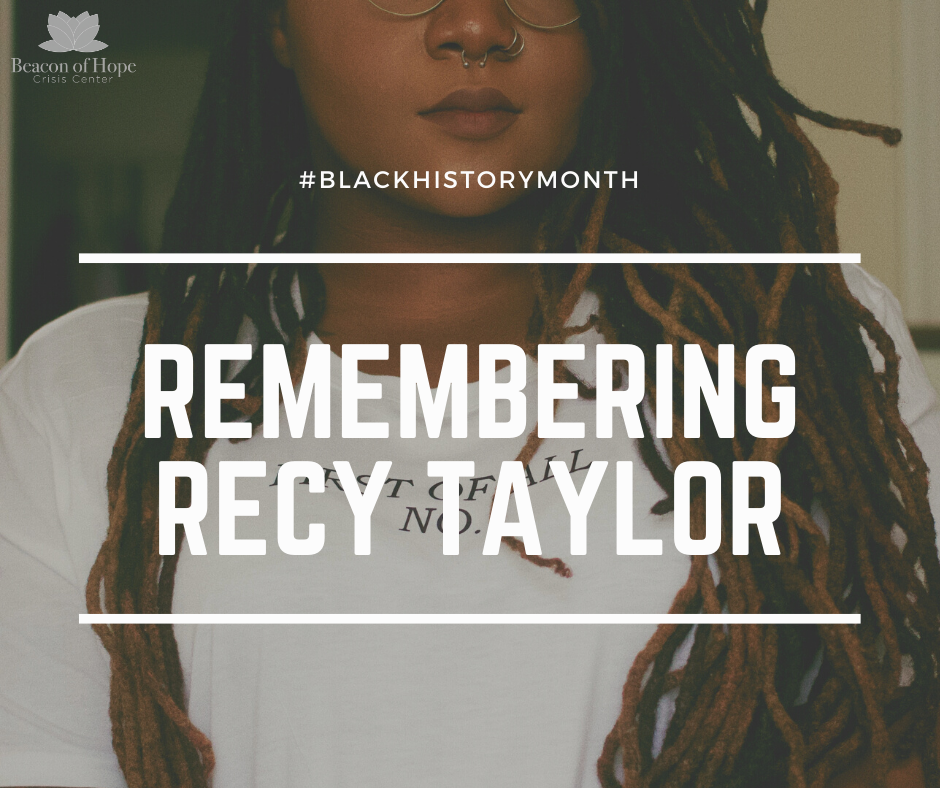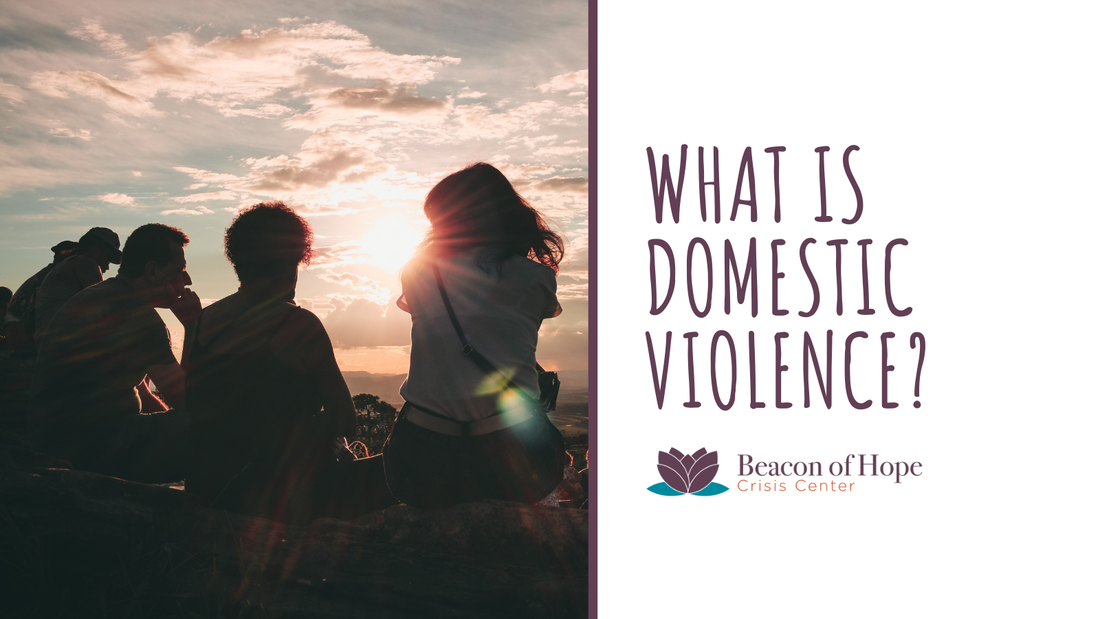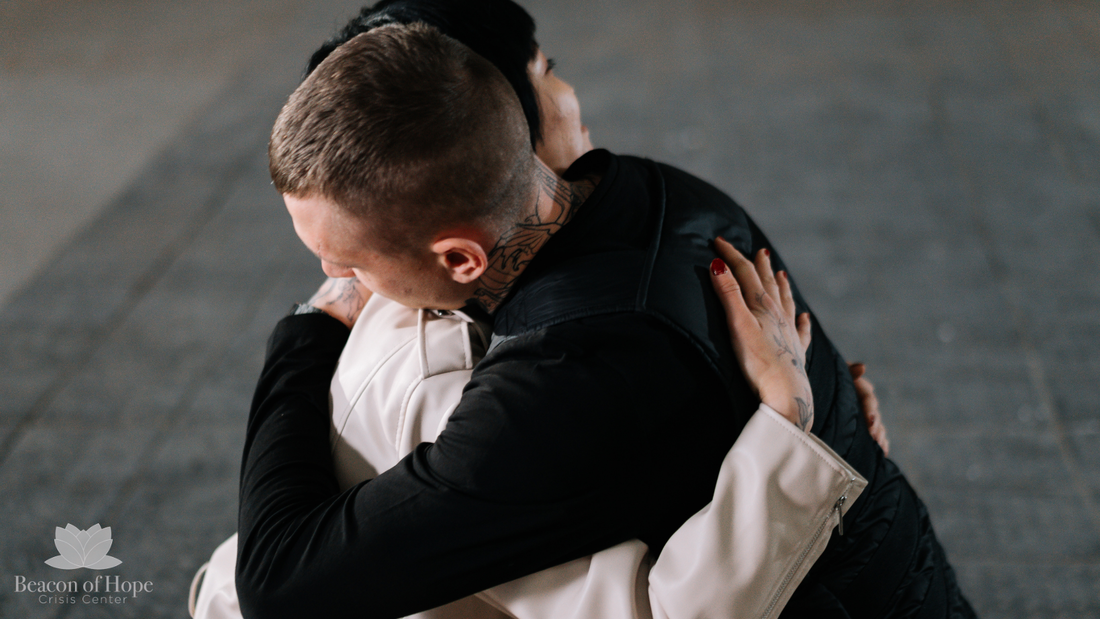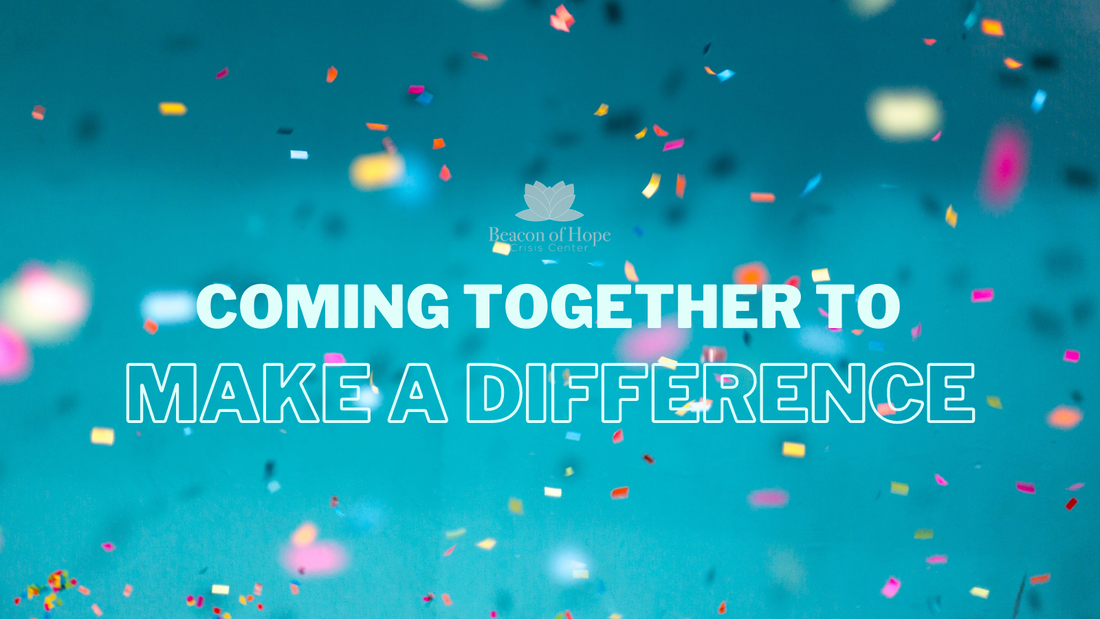|
By: Jenna Krathwohl Domestic violence is extremely common even though it is still seen as a private matter. Domestic violence is more common than diabetes. In fact, it is estimated that 42.5% of Indiana women and 27.9% of Indiana men experience intimate partner physical violence, intimate partner sexual violence, and/or intimate partner stalking in their lifetimes (1). Despite its prevalence, it can be difficult to know how to recognize abuse and what to do if it happens. There is no typical personality of an abuser. In fact, abusers can come in all genders, sexualities, nationalities, abilities, and ages. Anyone can be an abuser, just as anyone can be a victim. However, there are some common traits listed below that domestic abusers may have in common (2).
There are other warning signs that a person may be an abuser. It is important to understand that that these are potential warning signs and it does not imply someone may be an abuser. These are just some of the traits (2).
If you or someone you know is experiencing domestic violence and/or sexual assault, call our confidential hotline at (317) 731-6140. Victim advocates are trained to provide free help, referrals, and resources for those in need. There is hope for survivors. In the case of an emergency, please call 9-1-1. (1) National Center for Injury Prevention and Control (2019). The National Intimate Partner and Sexual Violence Survey: 2010-2012 State Report. Centers for Disease Control and Prevention. Retrieved from https://www.cdc.gov/violenceprevention/pdf/NISVS-StateReportBook.pdf (2) National Coalition Against Domestic Violence (N.D.). Signs of Abuse. National Coalition Against Domestic Violence. Retrieved from https://ncadv.org/signs-of-abuse By: Jenna Krathwohl PTSD, or post-traumatic stress disorder, is a condition that affects many survivors of abuse. PTSD first became a mental health diagnosis in 1980, thanks to the influence of many social movements including feminist, veteran, and Holocaust advocacy groups [1]. Although PTSD is often associated with war, PTSD can be caused by any traumatic event, including sexual assault and domestic violence. In fact, according to the National Center for PTSD, about 7 or 8 of every 100 people will experience PTSD at some point in their lives [2]. Because PTSD is so common, it is important that we understand how PTSD can appear in victims. PTSD symptoms do not always occur right after the traumatic event. In fact, they can occur many months or even years after the event.
There are two main types of symptoms that occur with PTSD. The first is re-experiencing symptoms. These symptoms involve the victim experiencing the traumatic event again in some fashion. This can look like flashbacks, bad dreams, and frightening thoughts. Often, physical side effects, such as sweating, hives, and/or heart palpitations, can accompany these symptoms. The second type of symptom includes avoidance symptoms. A person may want to avoid a thing, place, event, or object that reminds them of the event. For example, if a certain song played while a victim was being abused, they may take extreme action to avoid hearing that song again. They may also avoid thoughts or feelings related to the event, such as talking about the event. Other PTSD symptoms include arousal and reactivity symptoms and cognition and mood symptoms. Arousal and reactivity symptoms include being easily startled, feeling tense or “on edge”, difficulty sleeping, and angry outbursts. Cognition and mood symptoms include trouble recalling the traumatic event, negative feelings towards oneself or the world, feelings of guilt or blame, and loss of interest in enjoyable activities. If you suspect that you or someone you know is experiencing PTSD, there is hope. There are many treatment options, including talk therapy and medications, that help survivors heal and live happy lives. Also, Beacon of Hope Crisis Center is here to help. We work with survivors to help them move towards healing. If you need support, take the first step, and call our confidential crisis line at (317) 731-6140 today. Sources: [1] https://www.ptsd.va.gov/understand/what/history_ptsd.asp [2] https://www.nimh.nih.gov/health/topics/post-traumatic-stress-disorder-ptsd By: The Foster Pet Program Team What fun we had at Indy Pet Pride this past Saturday promoting our Foster Pet Program. Such a great day! This is always a wonderful event.
Becca, Avis, and Sydney were thrilled to connect with so many members of the community and tell them about our program and our mission. The link between pet abuse and domestic violence is real and we see every day how domestic violence impacts pets. The outpouring of support for our program and how we help is heartwarming. We had lots of folks sign up with interest in becoming Foster Pet Caregivers. We can never have too many willing foster families, if you too are interested just contact us and we will follow up and let you know more about what is involved. We had several collaborative conversations and really enjoyed meeting everyone. There were so many adorable pets! It's always exciting to witness the bond and love between people and their pets! By: Hayley McIntosh Did you know that February 20, 2022, marks the beginning of the annual week dedicated to boosting awareness around the crimes committed against animals? This week encourages the understanding of animal cruelty, educates people about laws regarding animal abuse and how to prevent it, and shares how we as humans can work together to create stronger regulations preventing animal cruelty. It is more important than ever to bring awareness to this issue because of the increased animal cruelty cases we’ve seen since the beginning of the COVID-19 Pandemic, especially in households where domestic violence is occurring. Since it began, there has been a spike in animal cruelty claims that have doubled since 2020. Many people have adopted a pet during the crisis, but unfortunately, have lacked in caring for them properly or providing them with the resources needed (1). This week is important for Beacon of Hope Crisis Center because of the relevance it has to our Foster Pet Program. The Foster Pet Program was created to help victims of domestic violence and/or sexual assault actively fleeing with pets. This program temporarily places pets in safe homes while their owners seek immediate safe shelter and works towards finding permanent housing to be reunited with their pets. It has been proven that 55% of domestic violence victims and their children report that their pets are important sources of emotional companionship, resulting in violence toward pets that may be especially devastating and viewed as another form of family violence (2). The victim’s pets can be utilized as a form of control in getting the victim to stay. In fact, 87% of batterer-perpetrated incidents of pet abuse are committed in the presence of their partners for revenge or power (3). The overarching goal of the program is to support victims of domestic violence and/or sexual assault, as they leave their abusive relationships by providing temporary care for their pets. Our FPP allows a period of healing for victims while their pets are safe with a foster family. It is a motivator for the primary victim to get motivated to be reunited with their pet/s. The program also educates victims, our community partners, and the general public on the direct link between domestic violence and pet abuse. This program is so important because most shelters do not allow pets and victims are faced with difficult decisions regarding the beloved pets. They must either surrender their pet/s, leave their pet/s behind because they cannot take their pet/s with them to a shelter or to a family member/friends’ home; or stay with their abuser for fear what will happen to their pet/s. 52% of victims in shelters left their pets with their abusers because they felt like they had no other choice (4).When victims are aware of services available to them and have access to these services, lives are saved, both human and pet. When our community partners are educated on the link between domestic violence and pet abuse, they can assist with intervening timely to safely remove pets from abuser’s care and connect the victim to our agency for services. When the general public is aware of the link, they are helping to save lives through direct referrals, volunteering, becoming a foster for the program, providing donations or collaborating with BOHCC on some other capacity such as free vet services for pet victims or food. We are always looking for more volunteer pet caregivers and volunteers for our Foster Pet Program. Click the link here to learn more about the process of becoming a foster family and how to volunteer as well as more information regarding our program and the link between domestic violence and pet abuse. You can also make a financial contribution to the program to show your support as well. Click here to donate today! By: Cheyenne Taylor This Black History Month, we want to highlight a prevalent issue in the Black community. Black women experience disproportionately high rates of sexual assault. Unfortunately, to add to that, for every Black woman that reports her rape, there are at minimum 15 Black women who do not report (1). There are a number of reasons why victims do not come forward after experiencing sexual assault. There can be a fear of retaliation, external pressures to keep silent, and even disbelief in the systems that are supposed to protect survivors.
Within the Black community, Black women have witnessed several high-profile cases that support their belief that they will receive no justice. One of the most prolific examples that support this belief is that of Recy Taylor. In 1944, Recy Taylor was abducted and raped by six white men, who then threatened to kill her if she ever reported. Courageously, Taylor still reported to the police and was even able to name one of her attackers, who named the others. Despite her report and despite the fact that some of the men confessed, none of the assailants were indicted during the two grand jury trials. Mrs. Taylor received threats during her entire fight for justice, including having her home destroyed in a firebomb attack (2). We recognize this painful history and the additional reasons why Black women are hesitant to come forward and share their stories. We also recognize that, for some, a lack of knowledge about the justice system can serve as a barrier to seeking justice. While the justice system has improved since Recy Taylor’s time, we understand that survivors still face barriers when seeking support. This is one of many reasons why our agency serves all survivors, regardless of race, gender, sexual orientation, or any other identifier. We are here to help Black survivors of domestic violence and sexual assault find healing and provide support on their journey towards self-sufficiency. We are also here to help explain the criminal justice system and to prepare survivors seeking justice every step of the way. To speak with one of our highly-trained advocates, please call our confidential crisis line at 317-731-6140. In the case of an emergency, please call 9-1-1. By: Kaylee Kriese Did you know that tracking someone through their phone or tech accessories has become even easier? Although most people have heard of GPS trackers, few are aware of the most recent technological advances that has made crimes such as stalking and theft all too easy. In April of 2021, Apple released their new product, AirTags, with the intention that their users could track their keys or wallet in the event that they misplace them. If you’re someone who loses things easily, this water-resistant product might just be a lifesaver, but in other cases, these small, circular disks can be used for more sinister purposes.
Most notably, AirTags can be discreetly stored, as those who took to Tiktok, Youtube, and Twitter shared from their own experiences. These victims of tracking, mostly women, report finding AirTags taped to the underside of their car or behind their license plates. They found them only after being notified through their iPhone’s Bluetooth technology that another AirTag was detected moving with them. When investigating this further, many of these women could locate a map of everywhere they had been through their device, which could be seen by other devices tracking them. Although Apple set up this notification feature to report when other AirTags are detected and even prompt a signal that generates beeping until the unknown device is located, many people are unnerved that they were able to be tracked at all, especially given what some report to be belated notifications about the tracking. Additionally, when some have attempted to use the “Find my” network that AirTags can be accessed with, they found that the Find my tool was unavailable. A well-known product, Tile, is yet another device that has generated discussion about its security features, though its creators anticipate the release of a new security feature like Apple’s sometime this year.[1] If you look up Apple’s description for AirTags, the website describes it as, “an accessory that provides a private and secure way to easily locate the items that matter most.”[2] Given the stories that have emerged in less than one year since the product’s release, the general consensus seems to be extreme uncertainty about the privacy and security this product offers. In our line of work, we know that abusers will implement whatever tools necessary to stalk and torment their victims. Given the newness of this technology, we anticipate more stories of products like AirTags being misused for ill intentions. If you own an AirTag or are considering purchasing one, we encourage you to research its security measures beforehand. If you or a loved one are a victim of stalking, call our confidential crisis line at 317-731-6140. If you are in a life-threatening situation, call 9-1-1 immediately. [1]https://www.nytimes.com/2021/12/30/technology/apple-airtags-tracking-stalking.html [2] https://www.apple.com/newsroom/2021/04/apple-introduces-airtag/ By: Savannah Tipton Beacon of Hope Crisis Center is celebrating another fantastic year with Sandra Ziebold, our Chief Executive Officer / Executive Director (CEO/ED). Over these last six years, she has made great strides in ensuring that victims receive timely and adequate services as well as the success of the agency. She has significantly grown this agency from increasing the number of advocates to the number of victims we have served under her leadership, to the numerous partnerships we have built. Under her direct leadership, advocates been able to go above and beyond in providing services to victims. She has continued to show up in the face of adversity to ensure our services are available to victims in the community throughout this pandemic.
Sandy has continued to prioritize the health and wellness of her team and the victims we serve. She has made steps to reduce the barriers many victims face to ensure victims can receive advocacy services and can access the free services available to them. She has expanded our programs allowing them to be more accessible to victims, especially during this ongoing pandemic. She is an inspiring leader that has developed a team responsible for helping both human and pet victims impacted by domestic violence and sexual assault. We want to express our deepest gratitude for Sandy’s time and efforts to help others. We look forward to having many more wonderful years with you! Happy Work Anniversary! By: Olivia Ryder Domestic violence, which is also referred to as domestic abuse or intimate partner violence, is defined by the United States Department of Justice as “a pattern of abusive behavior in any relationship that is used by one partner to gain or maintain control over another intimate partner.” This abuse can be physical, sexual, verbal, emotional, psychological, spiritual, digital, or even economic.
Insults, threats, gaslighting, and sexual coercion are all aspects of domestic violence. In other words, domestic violence includes any abusive behaviors that frighten, intimidate, manipulate, hurt, blame, or injure an intimate partner or family member. It can happen in a wide variety of relationships, including but not limited to married couples, people dating, former couples, family members, and people with shared children. It is important to note that domestic violence can happen to anyone regardless of religion, actual or perceived race, color, sex, age, sexual orientation, gender identity or gender expression, marital status, national origin, language capacity, or disability. It impacts every community and people from all socioeconomic backgrounds. According to the National Coalition Against Domestic Violence (NCADV), nearly 20 people per minute are physically abused by an intimate partner in the United States. Meaning, in one year, more than 10 million women and men have experienced physical abuse by their intimate partners. Victims of domestic violence can experience diminished self-worth, anxiety, depression, and feelings of helplessness because of the actions and behaviors of their abusive partners. Free resources and help are available. For more information, contact our Confidential Crisis Line: (317) 731-6140. If you are in a life-threatening situation, call 9-1-1 immediately. By: Jenna Shearer The holidays are a lovely time to spend with friends and family. Many people try to get together and reminisce over the past year’s highs and lows. We also try to relax, recharge, and start fresh in the New Year. However, the cruel reality is that domestic violence doesn’t rest.
According to research, domestic violence increases over the holidays for several reasons:
It is important to recognize the warning signs of domestic violence while spending time with family or friends. A family member or friend may be experiencing abuse. If anyone reaches out for help, listen, and believe them. Take this opportunity to familiarize yourself with the warning signs of domestic violence. Warning Signs of Domestic Violence
You might be wondering what to do if you identify possible warning signs. The most important thing is to make sure that you respect the survivor’s space and avoid putting them in harm’s way by calling them out. Find a way to speak with the survivor about your concerns in private rather than in front of others. Talking about domestic violence saves lives. It’s important that we speak up when something does not feel right. If you are hesitant or unsure of how to approach this conversation, our advocates are here to help you navigate next steps. Local domestic violence agencies offer education and support for victims as well as families and friends impacted by these crimes. Speak with a victim advocate by calling our confidential crisis line at (317) 731-6140. You can also reach us through social media messaging or our contact us page. If you are in immediate danger, please call 9-1-1. By: Savannah Tipton Everyone at Beacon of Hope Crisis Center is committed to impacting positive change. Together we work to make a difference in the community and help survivors break free from the grip of domestic violence and sexual assault. We could not do this without our fantastic team of Victim Advocates. We are so grateful for their ongoing support and dedication to serve victims.
Beacon of Hope Crisis Center has been serving victims of domestic violence and sexual assault in our community since 2009. Our agency is looking for more dedicated employees to continue this legacy and provide these services to the survivors we work with. If you or anyone you know has a background in victim advocacy, criminal justice, grant writing, program management, or computer science we encourage you to apply! You will find you are supporting survivors and feeling fulfilled with a career at Beacon of Hope Crisis Center. Please share! Why I Love Working at Beacon of Hope Crisis Center
Benefits of Working with Beacon of Hope Crisis Center
|
|
CAREER opportunities © 2025 Beacon of Hope Crisis Center Privacy Policy Accessibility Statement Board Portal Login |

